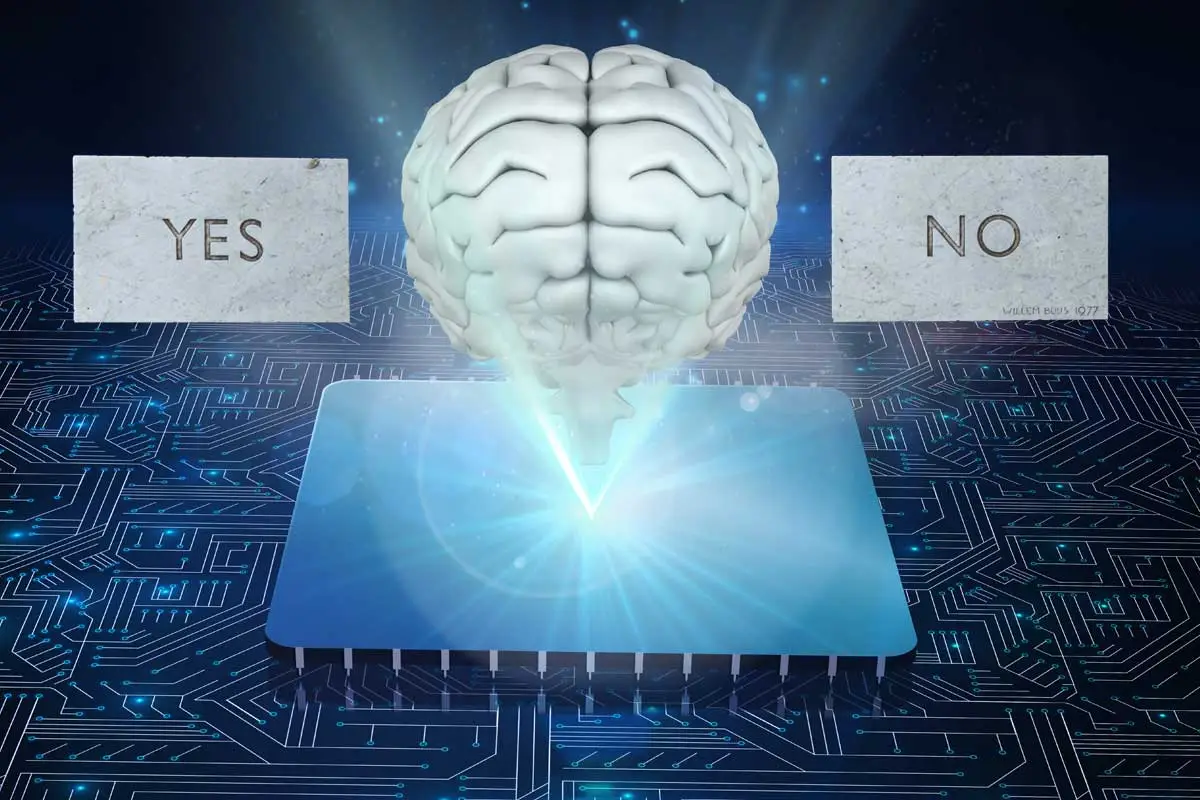In recent years, artificial intelligence (AI) has become an integral part of our daily lives. From virtual assistants to self-driving cars, AI systems are increasingly making decisions that affect our personal and professional lives. However, as these systems become more powerful and pervasive, questions about their ethics and responsibility in decision-making have become more pressing.
One of the primary ethical concerns surrounding AI decision-making is the potential for bias. AI systems learn from data, and if the data they are trained on contains biases, the decisions they make can also be biased. For example, an AI system used to screen job applicants might learn to prioritize certain qualities over others, leading to unfair hiring practices. Similarly, an AI system used to predict crime rates might unfairly target certain communities.
To address this concern, researchers, and policymakers are exploring ways to make AI systems more transparent and accountable. This could include requiring developers to document the data sources and algorithms used in their systems, as well as providing mechanisms for individuals to challenge decisions made by AI systems.
Another ethical concern related to AI decision-making is the potential for harm. As AI systems become more powerful, they may have the ability to make decisions that affect human lives, such as autonomous vehicles making split-second decisions about whom to prioritize in a collision. Ensuring that AI systems prioritize human safety and well-being is essential to their ethical development.
To address this concern, researchers are exploring ways to build safety mechanisms into AI systems, such as emergency braking systems in autonomous vehicles. Additionally, policymakers are considering regulations to ensure that AI systems prioritize human safety and well-being.
In conclusion, the ethics and responsibility of AI decision-making are complex and multifaceted. It is essential that developers, researchers, and policymakers work together to address these concerns and ensure that AI systems are developed and deployed in a way that is ethical and responsible. By doing so, we can harness the power of AI to improve our lives while minimizing potential harms.
Equipo T2S1.

